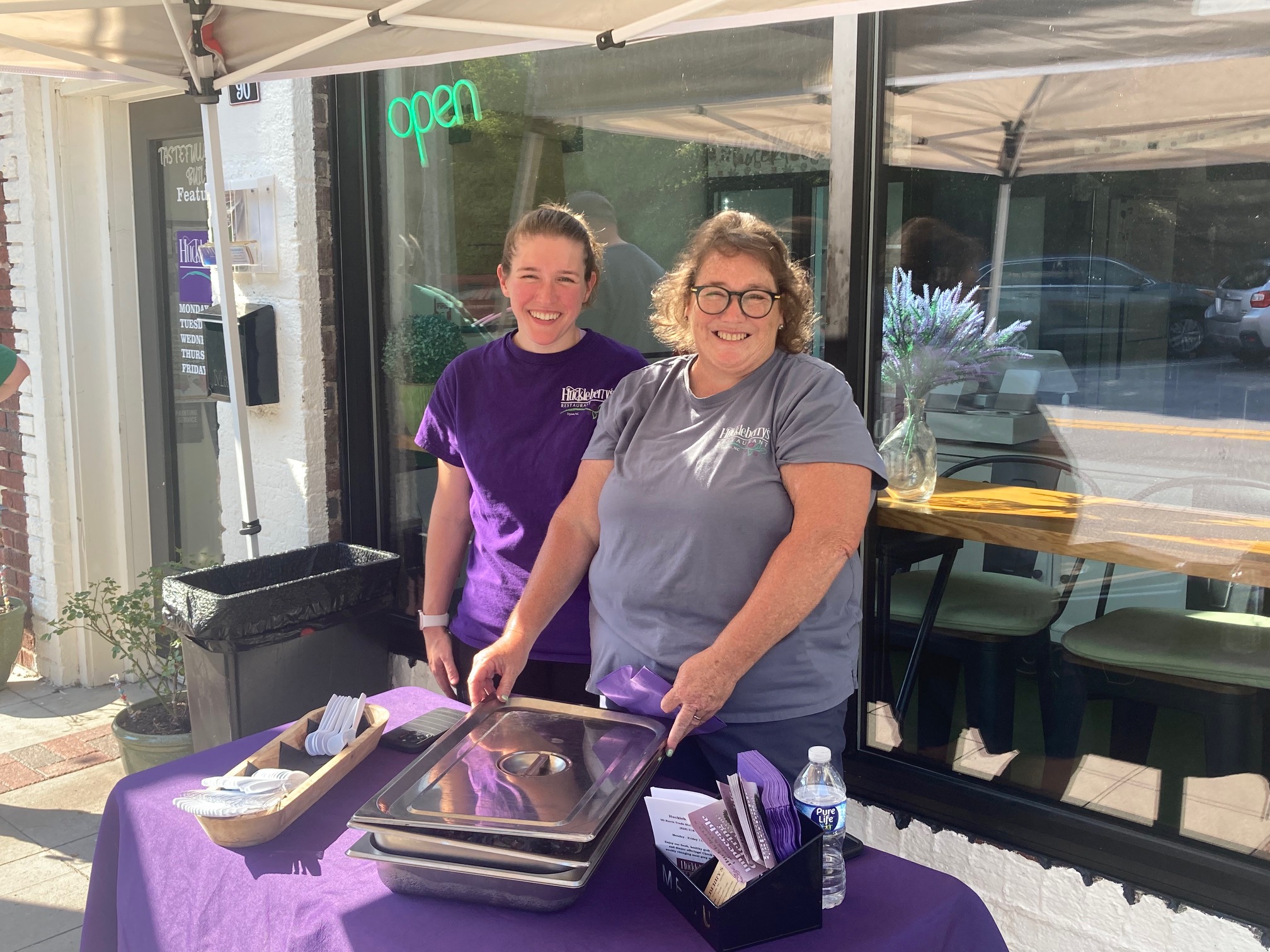The invisible senior epidemic
Published 3:18 pm Friday, July 16, 2010
If you have elderly parents, you know that there are a lot of bad things that can happen to them ranging from car accidents, to falls and unexpected illnesses.&bsp; They dont intentionally do things to negatively impact their health, but today there is a growing risk among elderly who live independently. Its the risk of not taking their prescribed medications. Their noncompliance makes them part of what is called the invisible senior epidemic.
Non-compliance happens every day and ranges from skipping a daily dose of a prescribed drug, to failing to pick up a refill of an existing medicine or a new prescription at the pharmacy, to deciding for whatever reason to stop taking a drug. Usually we dont hear about these little issues until they impact the patients health or there is an unexpected major change in their behavior or quality of life.
Non-compliance exists in all age groups but is higher among older people, ranging from 26 percent to as high as 60 percent for patients 65 and older.&bsp; 90 percent of all Medicare beneficiaries take prescription medications, and at least 50 percent of those take five or more drugs daily. The problem is that 55 percent of these Medicare participants do not follow their prescribed drug treatment plan.
Here are some reasons why seniors fail to follow the instructions given to them by their doctors regarding their prescription medications:
1.&bsp;&bsp; &bsp;A lack of understanding of the health benefits and need for the medicine
2.&bsp;&bsp; &bsp;Financial challenges and the costs of some non-generic medicines
3.&bsp;&bsp; &bsp;Poor communications skills on the part of the doctor or care provider
4.&bsp;&bsp; &bsp;Psychiatric problems, or a lack of symptoms that cause the patient to think or believe hes okay and no longer needs to take the medications
5.&bsp;&bsp; &bsp;Patient impairment resulting from cognitive deficit, poor vision, and possibly anxiety and stress related to taking medications.
Some medications, like those taken for depression, often take weeks to reach their full therapeutic levels at which time the patient begins to see improvement. Many patients expect a medicine to work immediately and if they dont see results within a few days, discontinue the drug regimen and create a pattern for failure and continuing depression.
Side effects are also a contributing factor to the decision to stop. If the medicine creates more distress than the problem for which it was intended as a resolution, many patients will stop taking the medicine, justifying it by saying that the cure was worse than the problem.
Generally, the outcome for older patients who do not follow physicians orders for medications is not good.&bsp; In some cases a disease continues to progress and becomes worse because the patient is not adhering to the drug use and dosing protocols. That behavior can lead to further health complications. For many seniors, failure to take their medications leads to a reduction in their ability to function normally, which in turn reduces their quality of life.
Drug noncompliance often leads to increased doctors visits or frequent hospitalizations. In severe cases noncompliance may result in admission to a skilled nursing facilities and in extreme cases of failure to adhere to prescribed drug dosing plan, it can lead to death.
Older patients want to feel that they have some control over their lives, and that can be achieved by empowering them in the compliance process. They must be made part of the discussion and decision planning regarding their health and the need for medication. If they buy into the treatment plan they will be more likely to comply with it as prescribed.
Other ways to ensure compliance include making the patients daily process of taking the medication part of a simple routine like having a pill box organizer that is set out as part of every meal, or creating a simple to do list and routine that includes taking medicines before or after breakfast or other meals, depending on the medication. Strict consistency is the key to this approach and must be done daily.
For patients with memory loss issues, support from family or a healthcare provider may be necessary to assure compliance.&bsp; Controlling pain, stiffness, metabolic balances, heart rhythms and other internal body systems is key to having and enjoying a quality of life.
Talk with your doctor and pharmacist and know what daily medications and drug routines your loved one is taking. Take steps to support the habit patterns you want to establish, and integrate the patients taking those drugs into a daily routine that will eliminate the possibility of his or her becoming part of an invisible epidemic.
Ron Kauffman is a Certified Senior Advisor, radio talk show host and an expert on issues of aging and caregiving. He is the author of Caring for a Loved One with Alzheimers Disease, available at www.seniorlifestyles.net, where you can also hear his weekly Podcasts. He can be reached at 561-626-4481 or by email at drron407@bellsouth.net.





